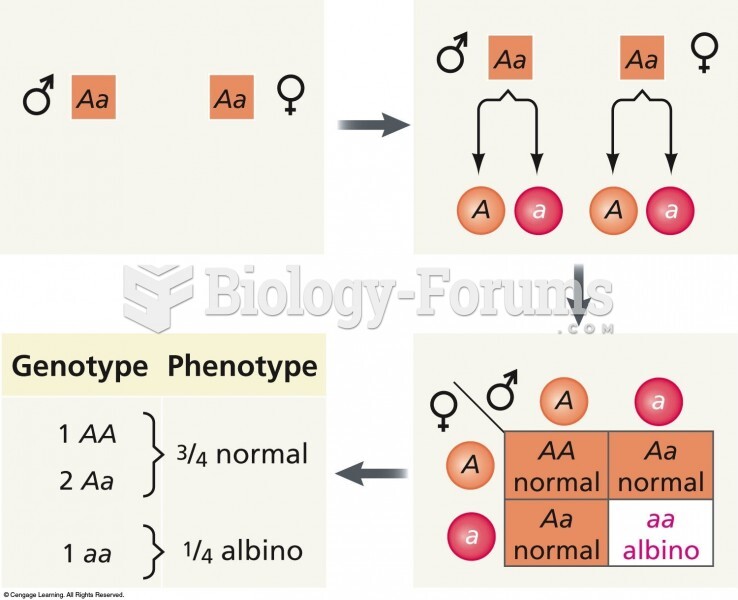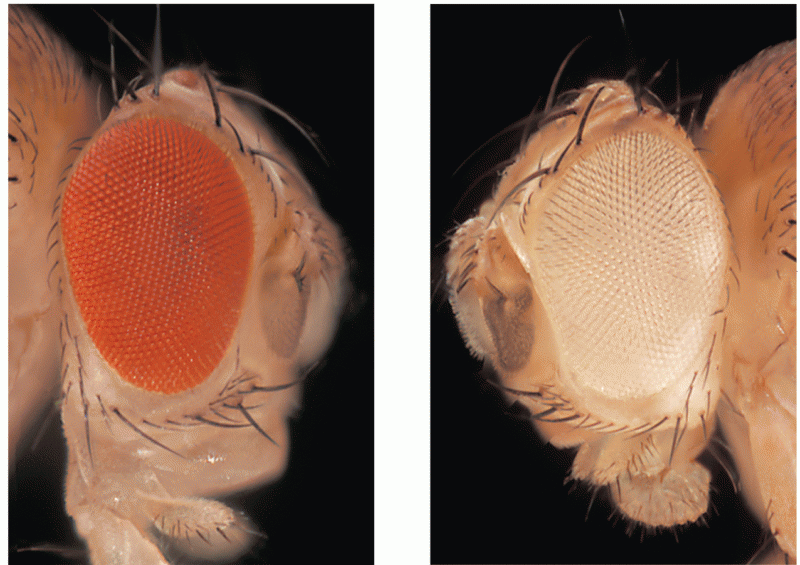|
|
|
More than 30% of American adults, and about 12% of children utilize health care approaches that were developed outside of conventional medicine.
The immune system needs 9.5 hours of sleep in total darkness to recharge completely.
More than 34,000 trademarked medication names and more than 10,000 generic medication names are in use in the United States.
Malaria mortality rates are falling. Increased malaria prevention and control measures have greatly improved these rates. Since 2000, malaria mortality rates have fallen globally by 60% among all age groups, and by 65% among children under age 5.
The term bacteria was devised in the 19th century by German biologist Ferdinand Cohn. He based it on the Greek word "bakterion" meaning a small rod or staff. Cohn is considered to be the father of modern bacteriology.
 Distribution of glaciers in North America (a) in the late twentieth century, and (b) 18,000 years ag
Distribution of glaciers in North America (a) in the late twentieth century, and (b) 18,000 years ag
 Ads from the public service campaign in the late 1960s and early 1970s that encouraged people to get ...
Ads from the public service campaign in the late 1960s and early 1970s that encouraged people to get ...





